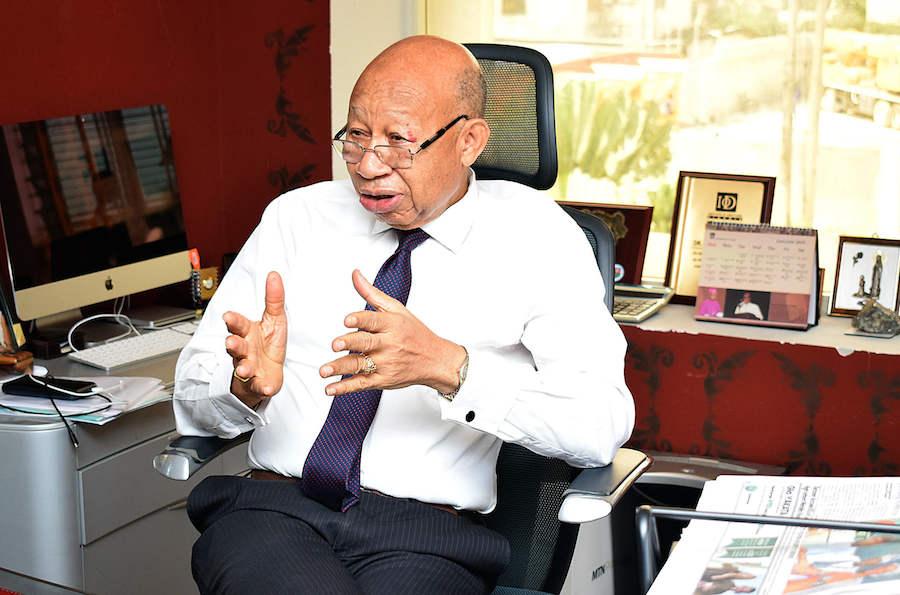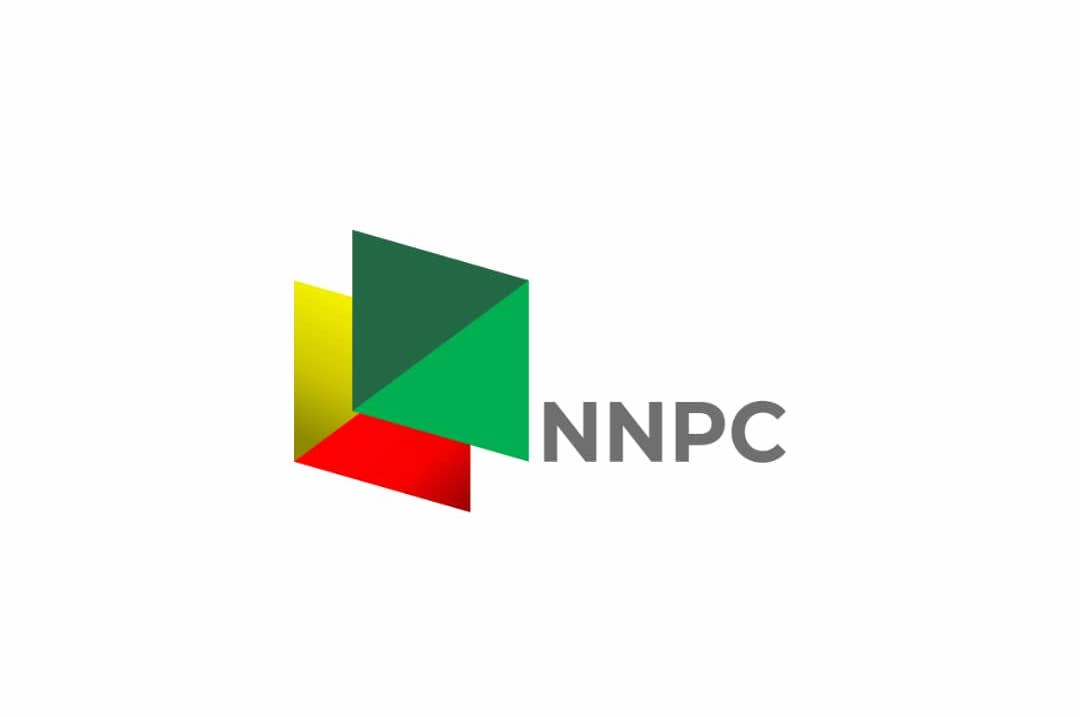The National Assembly should act in the best interest of the Federation by resolving conflicting constitutional issues on federalism, writes EKPA STANLEY EKPA
Section 1 of the 1999 Constitution of the Federal Republic of Nigeria refers Nigeria as a Federal Republic. A federal system, as K.C Wheare posits, reflects a constitutional arrangement where people are prepared to give up only limited powers while retaining other limited powers; both sets of powers being exercised by coordinate authorities. With the exception of Major-General J.T.U Ironsi who made a proclamation for a unitary government, all other military governments, often prone to suspending and modifying the constitution by their fiat through decrees, surprisingly never attempted to modify the constitutional arrangement of federalism in Nigeria, thereby referring to their governments as the “Federal Military Government”. This leaves constitutional scholars with the curiosity of the significance of the phenomenon of federalism to Nigeria’s productivity and shared prosperity, particularly with the “unitary-federalism” currently being practiced in Nigeria. Perhaps, it is on this background that lawyers gathered last week, as the Eastern Bar Forum held its colloquium on “federalism and state legislative powers” in Abakaliki. The colloquium reviewed concurrent legislative matters from a sub-national perspective.
The colloquium consensus was that the constitution’s role in outlining the areas of intersection between different strata, as well as areas where one stratum takes precedence over the other, must constantly be a “process of bringing about a dynamic equilibrium between centrifugal and centripetal forces in a society”, as Akande observed. I find Aare Olumuyiwa Akinboro SAN’s points of law on the imbalances of Nigeria’s federalism and his recommendations thereof quite pragmatic in solving our constitutional crisis on federalism. Perhaps, influenced by his decades as a prolific lawyer, Akinboro’s focus on Section 4 of the 1999 Constitution gives a legal leaning for restructuring Nigeria. He contends that while the ‘inconsistency clause’ in the constitution, as reflected by section 4(5) to the extent that “if any Law enacted by the House of Assembly of a State is inconsistent with any law validly made by the National Assembly, the law made by the National Assembly shall prevail, and that other law shall to the extent of the inconsistency be void”, may seem good for constitutional certainty and operational hierarchy, it fails the original intendment of the essence of federalism, which according to section 4(7) of the 1999 Constitution, seeks to balance the constitutional power sharing system, by ensuring that the State House of Assembly “have power to make laws for the peace, order and good government of the State or any part thereof”.
The federal dominance and legislative conflict arising from the imbalance in the constitutional power sharing system, Akinboro opined, is further complicated by the decision of the court in Niwa & Ors v. Laswa & Ors, where the court held that where both the National Assembly and a State House of Assembly enacts laws on the same subject, federal legislation must take precedence, and states are bound to comply. Clearly, this legal principle limits the autonomy of state governments, and should the fabrics of our federalism allow states to be subservient to the federal government, then our version of federalism runs contrary to the ideals of federalism as espoused by the Supreme Court of the United States of America in Indian Motorcycle Co. v. US, that in a federation, “neither state nor central government may exercise its power in such a manner as, without constitutional sanction, to interfere with or to impair unduly the exercise by the other of its authority.”
In the face of prevailing power play and exercise of constitutional powers between the federal government and some federating states, particularly in Rivers State, the current constitutional amendment committees of both the Senate and the House of Representatives, must bear in mind Professor Ben Nwabueze’s outlined characteristics of federalism, as “an association between governments rather than between geographical entities comprising different people; each level of government should enjoy a separate and independent existence in which one is not subject to the control of the other, that is, autonomy; there should be safeguards that ensure mutual non-interference in the exercise of allotted powers; each regional or state government should have equal powers in its relations to the central government..”.
As recommended by the Life Bencher, Olumuyiwa Akinboro, to achieve a “truly functional federal system, Nigeria must implement key legal and constitutional reforms that strengthen state autonomy; we must reevaluate fiscal federalism to empower states with increased authority over their internally generated revenue and resources management, thereby alleviating their excessive dependence on federal allocations.” To foster a more effective and equitable federal structure, the learned Silk’s conclusion and call to constitutionally “clarify the delineation of legislative authority, and empower states to take lead in security and other critical development initiatives”, will clearly help create a constitutional balance where federal and state governments are coordinating partners in “ensuring that federalism in Nigeria transcends constitutional rhetoric and manifests as a functional reality.”
More importantly, if the “bedrock of a federation is in each tier of government being a master in its own domain”, as held by the Supreme Court in Nkwocha v. Governor of Anambra, it suffices that the National Assembly in executing its duties under Section 9 of the Constitution, must act in the best interest of the Federation, and not just the federal government, by resolving our conflicting constitutional issues on federalism, such as resource control, overlapping jurisdictions, security sector and state policing, local government autonomy, general structure of government, among others, through the ongoing constitutional amendment process. While no country has a perfect system of government, we must constantly construct a system that propels us to a more perfect country, towards better humans, and to forge the greatest amount of good for the majority of Nigerians.
Ekpa, Executive Director, Call a Lawyer, wrote via ekpastanleyekpa@gmail.com


